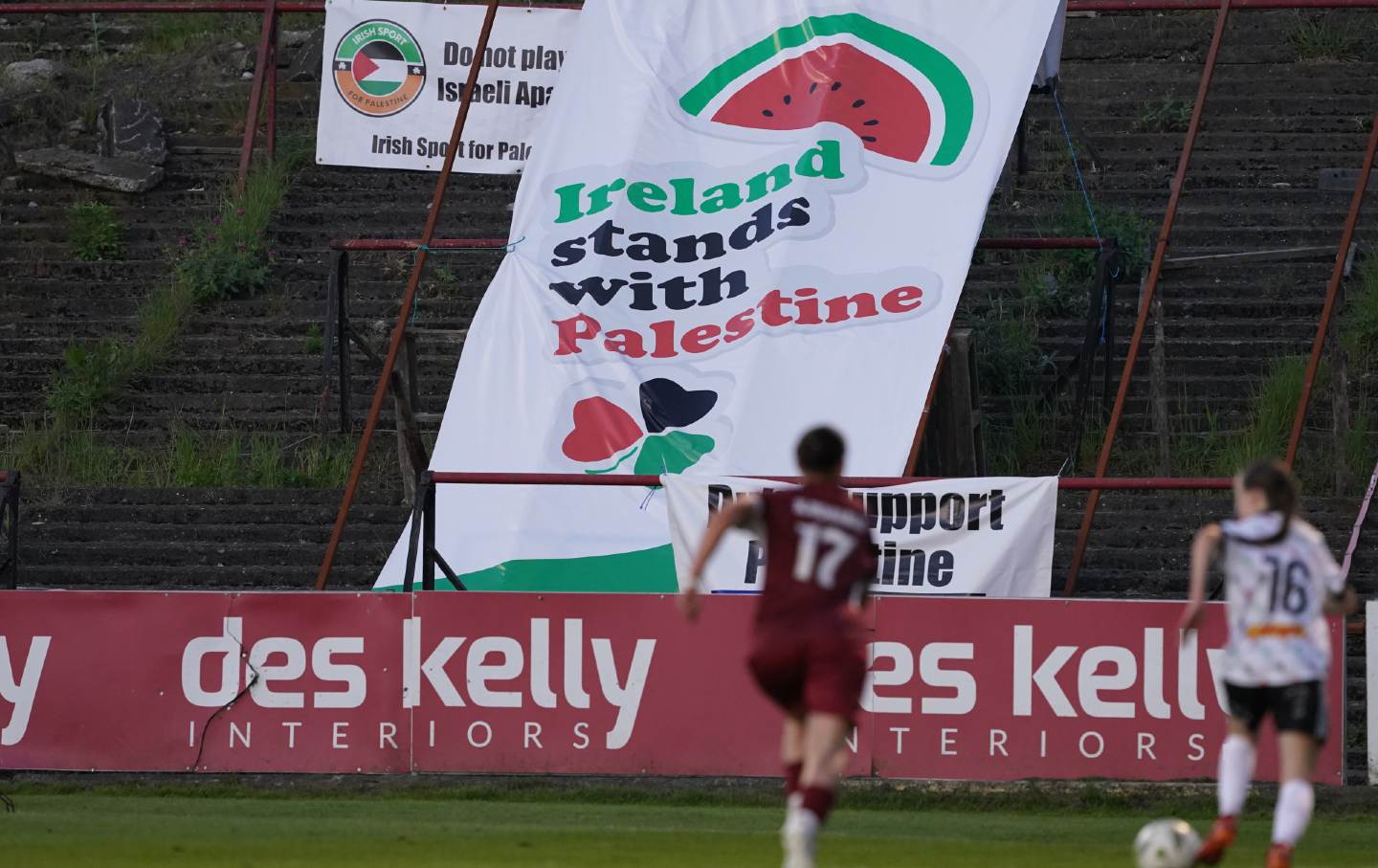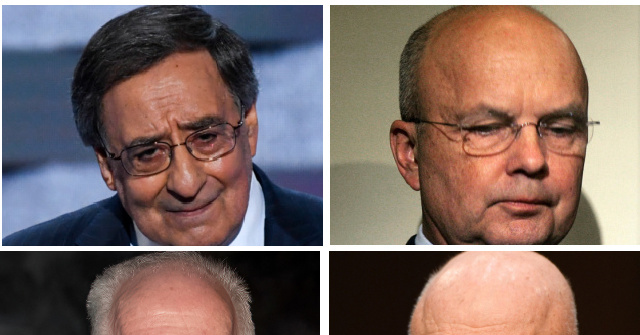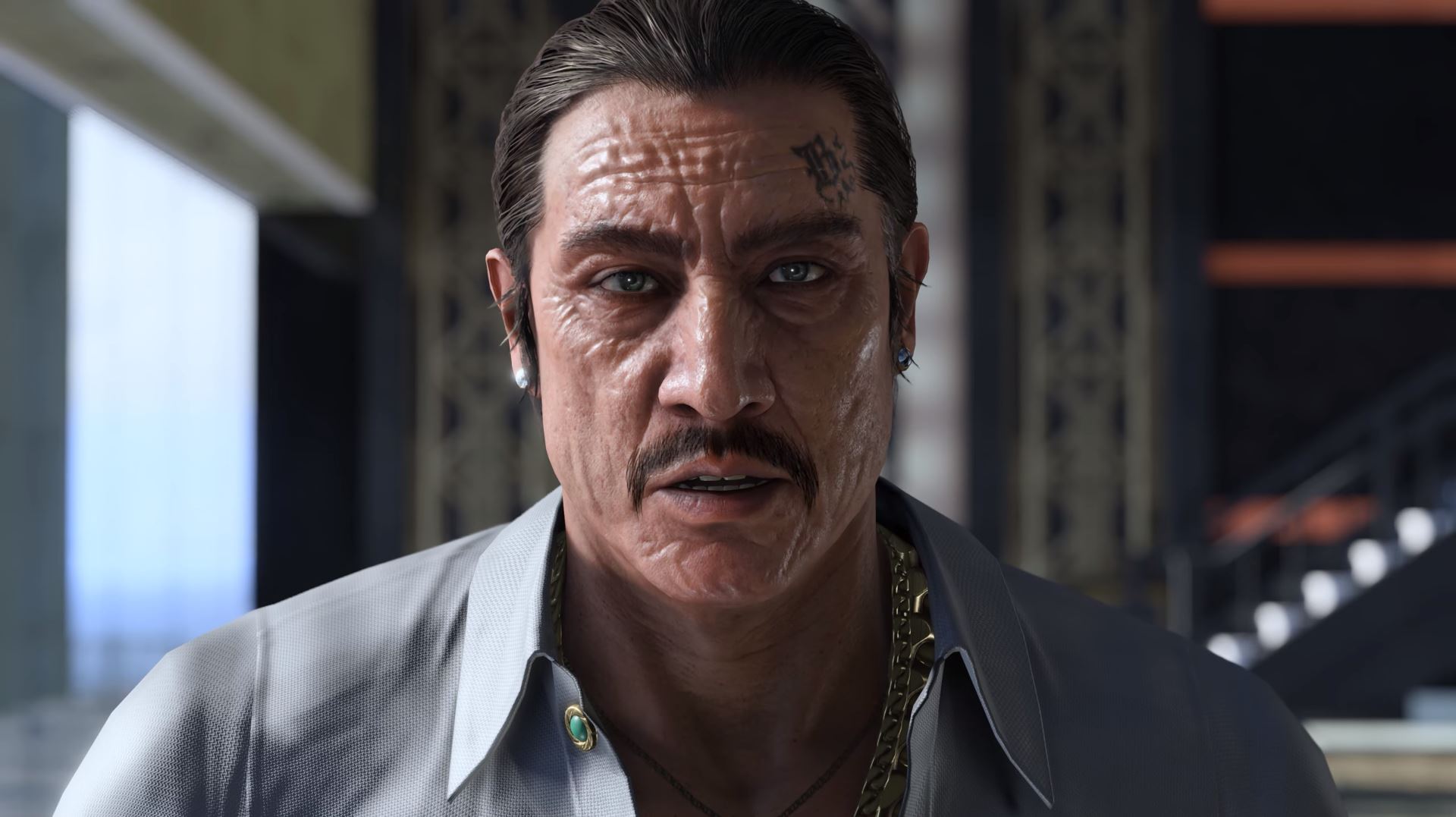The Palestinian National Women’s Football Team defeated the Bohemian Football Club 2-1 in front of a sell-out crowd in Dublin. It was much more than a win for Palestine.
A banner drapes over the stands during a friendly match against the Palestine women’s national team in Dublin on May 15.
(Brian Lawless / PA Images via Getty)
Every May 15, Palestinians and solidarity activists remember 1948 and the forced expulsion of an estimated 750,000 from the land now called Israel. They call that day the Nakba, which means “catastrophe” in Arabic. Yet Nakba Day is not just a time to mourn; it is a day to highlight the resistance of a people refusing to be erased. In Ireland, on the anniversary of the Nakba, this indomitability amid catastrophe was on display on the soccer pitch. In a year where May 15 carries extra weight, the Palestinian National Women’s Football Team played their first match in Ireland and defeated the Bohemian Football Club 2-1 in front of a sell-out crowd at Dublin’s Dalymount Park. The Bohemian Club invited the Palestinian team as an act of solidarity, and the game raised funds for both the Palestinian team’s travel as well as humanitarian efforts to aid Gaza in the face of an Israeli imposed famine.
As Palestinian captain Mira Natour told RTE, Ireland’s National Public News Service, “A lot of girls have different stories. Some lost someone of their families, some have brothers or cousins who have gone to jail. Despite the challenges and despite the circumstances we are facing, we have the right to play soccer, we have the rights to travel, we deserve respect.”
Palestinian flags were placed upon every seat in the arena before the match, creating a sea of red, white, black, and green backed by shouts of joy from the stands. The scene underscored team manager Deema Said’s comments to AJ+, where she said, “Sports is a way of resistance. It is a way of proving national identity and should be used as a vehicle as a way to carry our message.”
The bonds between Palestine and Ireland are strong and historic. I asked Irish Sport for Palestine member Rebecca O’Keeffe about these connections. She told me, “Ireland has a deep connection and long-standing solidarity with Palestine given our own historical struggles against colonization, occupation, oppression, brutality, and forced starvation. The enduring resistance of the Palestinian people paired with the steadfast support of the Irish people embodies the best of humanity, and we are united in advocating for freedom, liberation, and justice. However, the tendency of Irish politicians to rely on our historic solidarity without the accompaniment of concrete action only results in hollow rhetoric and empty, symbolic gestures. That’s why building on this solidarity through unwavering civil society mobilization, organization, and agitation is of critical importance.”
Irish Sport for Palestine, while not the event’s organizer, was a fervent supporter, with O’Keeffe saying that this match was “more than a game”; it was a “powerful symbol of the normalcy that is denied to Palestinians.”
The absence of normalcy in these players’ lives was unspoken but universally understood by fans. This Palestinian team has been training for the match against a backdrop of destroyed fields, bombed sports offices, and the killing of dozens upon dozens of athletes since October 7. As Said made clear, “It’s really hard for the players to be in their sports mindset to think just about the game. We carry their message—the people who have lost their lives. We keep them in our hearts deeply. And this is why we play.”
Considering how heavy their hearts must be, their reception from the moment the team touched down must have felt like sweet relief. It was celebratory, with Ireland embracing the team, enveloping them in cheers, hugs, and chants. “Since the second we landed at the airport, we have seen nothing but love,” marveled Said. Fans and Bohemian players met them at the airport waving flags and whooping rapturously. Several players pointed out that brandishing Palestinian flags can get you in tremendous trouble in Palestine, and yet in Ireland they waved freely and everywhere. Natour said, “Being in Ireland is like being home in Palestine.” And in a statement that showcased the unconquerable optimism of a people in the face of genocide, Said extended an invitation to the Irish players for a return match. This time in Palestine.
Thank you for reading The Nation!
We hope you enjoyed the story you just read, just one of the many incisive, deeply reported articles we publish daily. Now more than ever, we need fearless journalism that moves the needle on important issues, uncovers malfeasance and corruption, and uplifts voices and perspectives that often go unheard in mainstream media.
Donate right now and help us hold the powerful accountable, shine a light on issues that would otherwise be swept under the rug, and build a more just and equitable future.
For nearly 160 years, The Nation has stood for truth, justice, and moral clarity. As a reader-supported publication, we are not beholden to the whims of advertisers or a corporate owner. But it does take financial resources to report on stories that may take weeks or months to investigate, thoroughly edit and fact-check articles, and get our stories to readers like you.
Donate today and stand with us for a better future. Thank you for being a supporter of independent journalism.
Thank you for your generosity.



